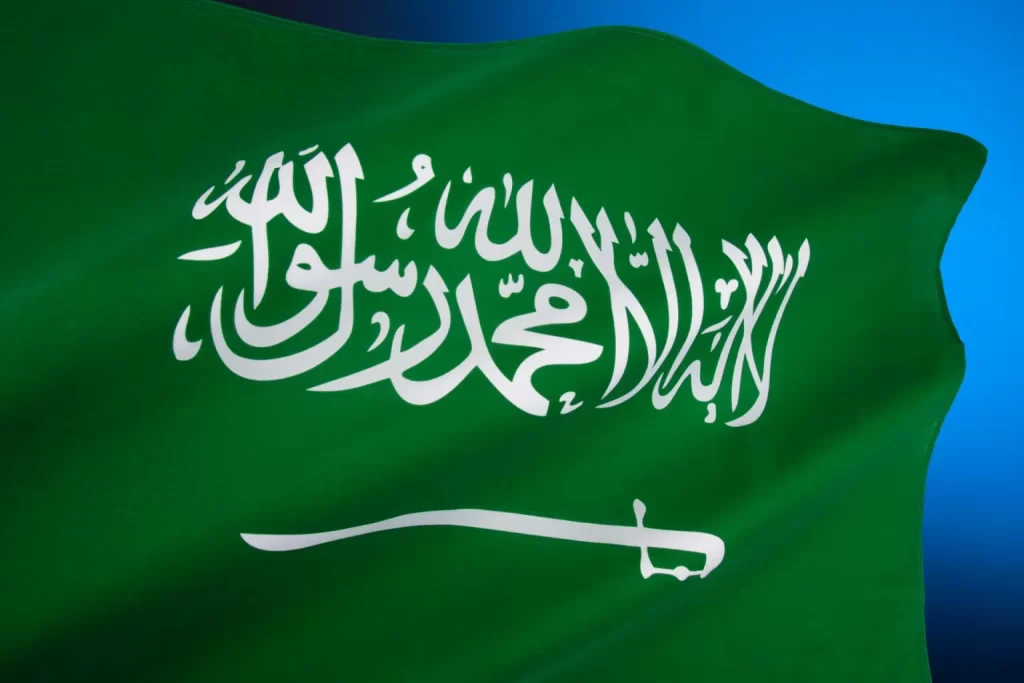
In a significant development on the international stage, Saudi Arabia is reportedly evaluating the prospect of joining BRICS, a bloc comprising Brazil, Russia, India, China, and South Africa. This move signals a potential realignment of global economic and geopolitical dynamics, with the kingdom aiming to diversify its alliances and bolster its influence in the multipolar world order.
A Calculated Step Towards Economic Diversification
Saudi Arabia’s interest in BRICS aligns with its Vision 2030 strategy, an ambitious blueprint designed to reduce the kingdom’s dependence on oil revenues and transform it into a diversified, sustainable economy. By joining BRICS, Saudi Arabia could access a broader network of emerging markets, enhancing trade and investment opportunities with member nations that collectively account for over 40% of the global population and approximately 25% of the world’s GDP.
“Saudi Arabia’s inclusion in BRICS could catalyze stronger economic partnerships, particularly in sectors such as energy, infrastructure, and technology,” said Dr. Ahmed Al-Fahad, a Riyadh-based economist. “This move reflects the kingdom’s intent to assert itself as a key player in shaping the global economic landscape.”
Strengthening Geopolitical Influence
Beyond economics, joining BRICS offers Saudi Arabia an opportunity to diversify its diplomatic engagements. Historically aligned with the United States and Western powers, the kingdom has recently signaled a more independent foreign policy approach. Its participation in BRICS would reinforce this trajectory, allowing it to collaborate with major non-Western powers like China and India, which are increasingly influential on the world stage.
China, in particular, has emerged as a crucial partner for Saudi Arabia. The two nations have strengthened ties through energy agreements and infrastructure projects under the Belt and Road Initiative. By aligning with BRICS, Saudi Arabia could deepen these relationships while also expanding its influence in Africa and Latin America through multilateral cooperation.
Challenges and Opportunities
While the potential benefits are substantial, Saudi Arabia’s path to BRICS membership is not without challenges. The bloc operates on a consensus-based model, and any new membership requires the approval of all existing members. Additionally, Saudi Arabia’s close ties with the United States may raise questions about its strategic intentions and its ability to balance competing alliances.
Read this : Ethereum Price Prediction: Will ETH Soar to $4,000?
However, the kingdom’s robust energy resources and its position as a leader in the Gulf Cooperation Council (GCC) make it an attractive candidate for BRICS. As the world transitions to a low-carbon economy, Saudi Arabia’s investments in renewable energy and green hydrogen could complement the bloc’s sustainability goals.
A Broader Trend of Realignment
Saudi Arabia’s interest in BRICS is part of a broader trend of global realignment. As emerging economies seek greater representation in international institutions, BRICS has positioned itself as an alternative platform for cooperation and dialogue. The bloc has also floated the idea of creating a common currency to reduce reliance on the US dollar in trade—a concept that could appeal to Saudi Arabia, given its aspirations for economic sovereignty.
Looking Ahead
As discussions unfold, Saudi Arabia’s potential entry into BRICS will be closely watched by analysts and policymakers worldwide. If realized, it could mark a transformative moment for the bloc, reshaping its strategic priorities and amplifying its influence on the global stage.
For Saudi Arabia, joining BRICS represents more than just an economic partnership; it is a strategic statement of intent—one that underscores its ambition to play a pivotal role in the evolving global order.
Do Follow Us On Social Media And Keep Reading And Become Our Members